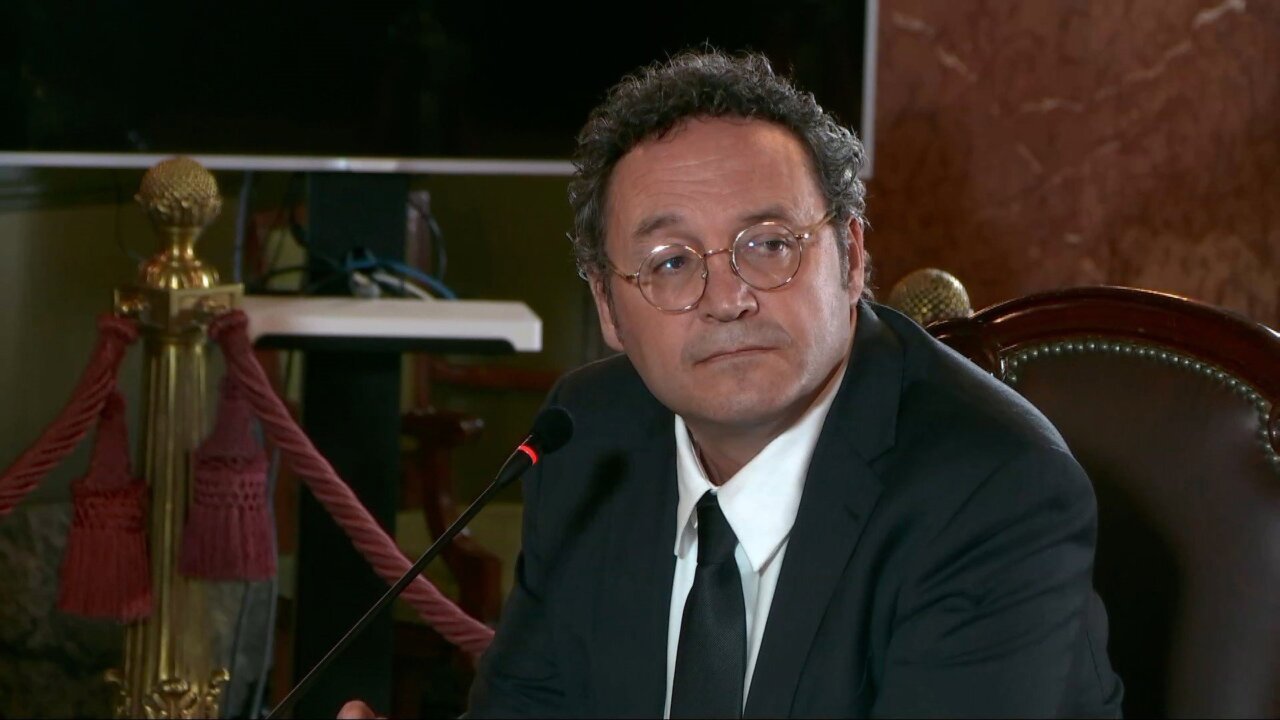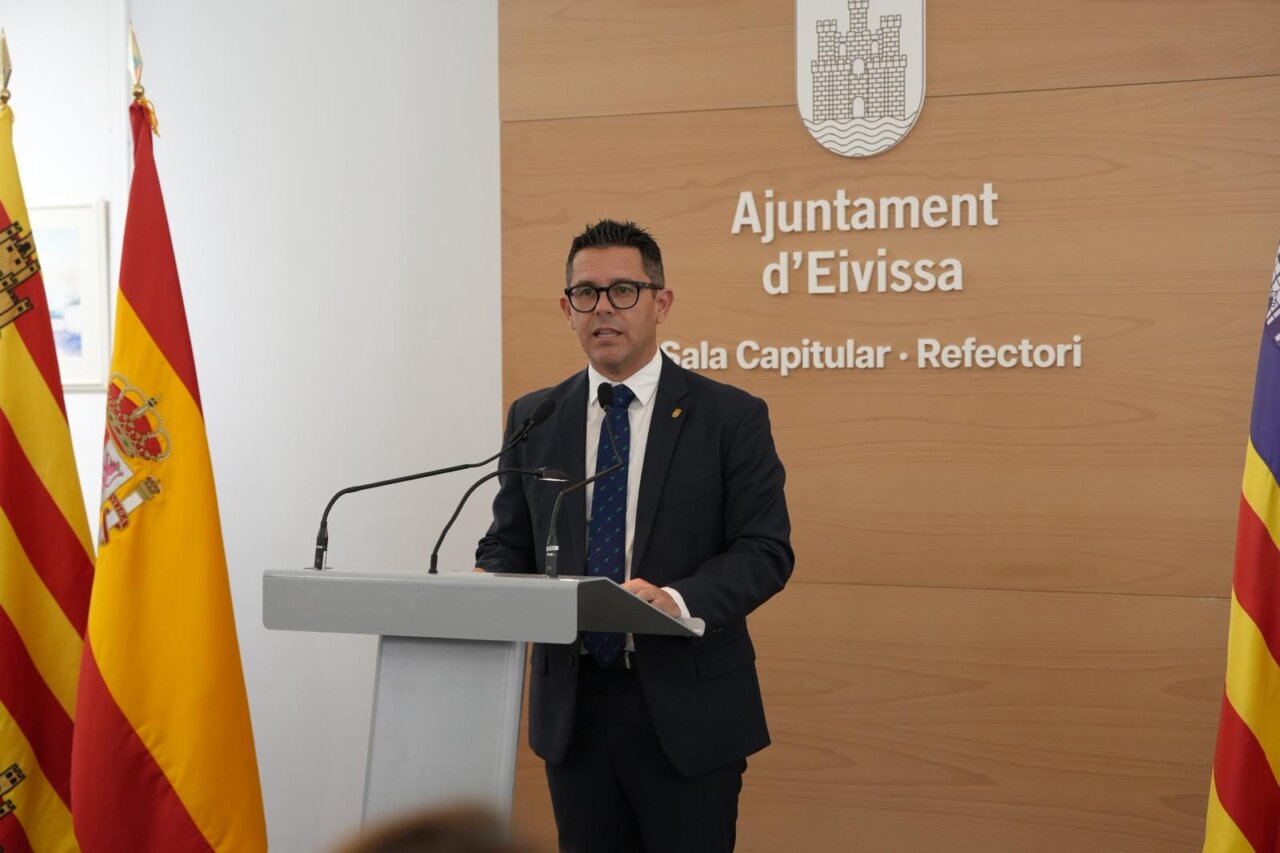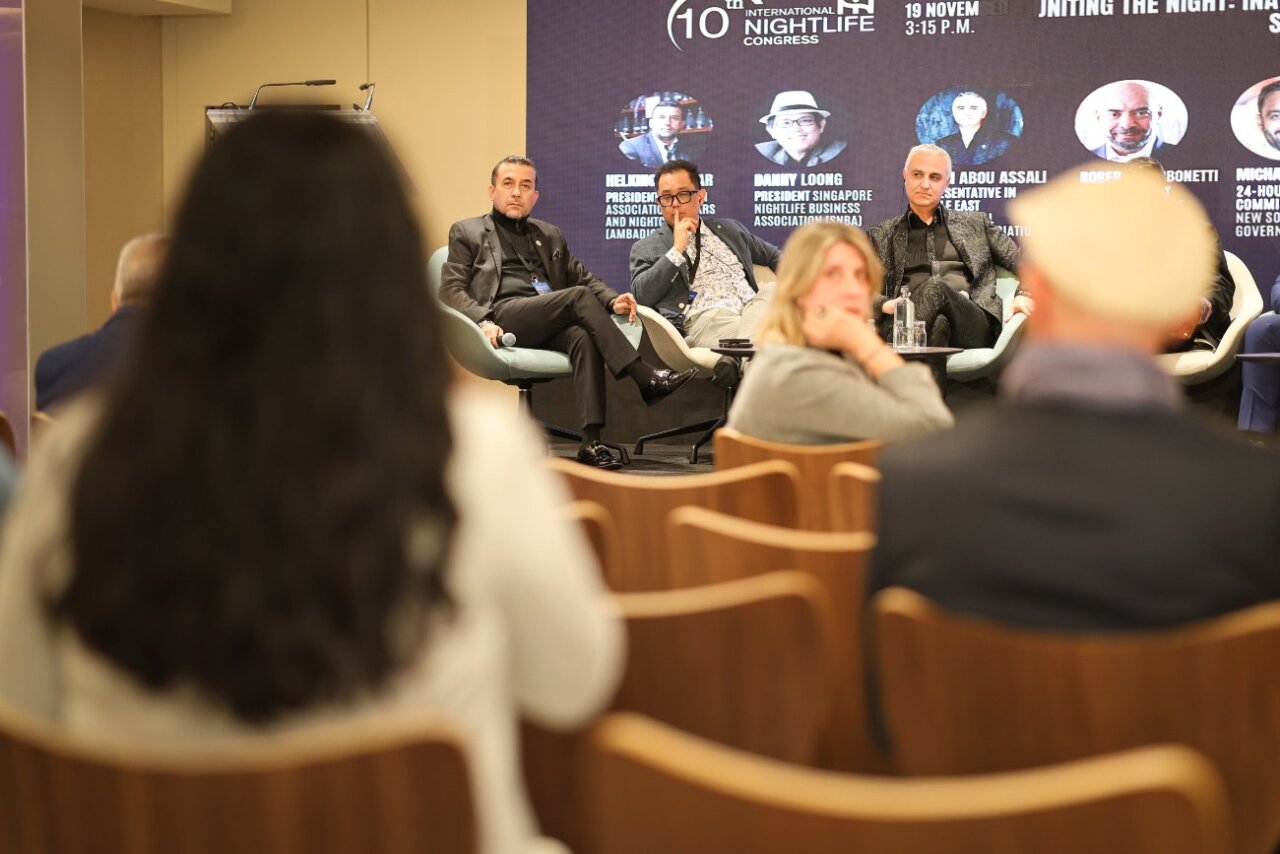The Supreme Court, meeting this Thursday in Madrid, has sentenced the Attorney General of the State, Álvaro García Ortiz, to two years of disqualification and a fine of 7,200 euros for a crime of disclosure of secrets committed in March 2024 by disseminating confidential data of the businessman Alberto González Amador, partner of the Madrid president Isabel Díaz Ayuso, as communicated by the high court itself in a ruling advanced to the parties.
Dissenting vote condemnation
The ruling, advanced before the sentence was drafted, was approved by five votes to two, with the support of judges Andrés Martínez Arrieta, Manuel Marchena, José Ramón Berdugo, Antonio del Moral and Carmen Lamela. Magistrates Ana Ferrer and Susana Polo, with a progressive profile, announced a dissenting vote. Polo, the initial rapporteur of the case, was replaced by Martínez Arrieta due to her disagreement with the majority, a move that marks a judicial milestone.
In this context, the court’s conservative majority ruled just a week after the conclusion of a trial considered historic, as it was the first time an attorney general sat in the dock.
Fragment of the known ruling
So far only the decisive paragraph has been released: “We must and do condemn García Ortiz (…) to a fine of 12 months with a daily fee of 20 euros and special disqualification for 2 years”. Article 417.1 of the Penal Code punishes anyone who, being an authority or civil servant, discloses reserved data that should not be disclosed, with penalties of between one and three years of disqualification.
The court also recognized 10,000 euros in moral damages to Gonzalez Amador, far short of the 300,000 claimed by the private prosecution.
Confronting accusations
In the trial, seven accusations coincided in asking for a conviction -among them the Professional and Independent Association of Prosecutors (APIF), the Bar Association of Madrid (ICAM), Manos Limpias and the unified popular accusation led by the Freedom and Alternative Forum Foundation, which includes Vox and Hazte Oír- against the Prosecutor’s Office and the State Attorney’s Office, which requested an acquittal.
Gonzalez Amador’s lawyer asked for four years in prison, three years of disqualification and a fine of 108,000 euros. APIF, tougher, demanded six years in prison and twelve years of disqualification, even pointing to a crime of prevarication.
Leaks and internal memos
The process examined two facts: the alleged leak to Cadena SER, on the night of March 13, 2024, of the mail sent by the businessman’s defense on February 2 offering to acknowledge two tax crimes; and the press release issued by the Prosecutor’s Office at 10:22 a.m. on March 14 to deny a previous information from El Mundo.
Although the Supreme Court initially ruled out that this note was a criminal offense, the investigator Ángel Hurtado later reincorporated it into the case, which generated an unexpected procedural twist.
Key testimonies and reconstruction of events
During the six days of oral hearings, more than 40 witnesses testified, including journalists who claimed to know the information before García Ortiz received the leaked email at 21.59. Almudena Lastra, head of the Superior Prosecutor’s Office of Madrid, said that she warned the attorney general: “Álvaro, did you leak?”, something he denied .
The defense argued that the only accredited leak was an email sent by prosecutor Julián Salto on March 12, which ended up being forwarded to Ayuso’s chief of staff, Miguel Ángel Rodríguez, who disseminated it “among journalists as of 7:00 p.m.”.
The attorney general proclaimed his innocence and defended that he acted out of his “obsession” with clarifying what happened and protecting the institution from what he considered a smear campaign. In his last sentence he affirmed: “The truth does not leak, the truth is defended”, a statement that will be reproduced in full in the sentence when it is made public.










